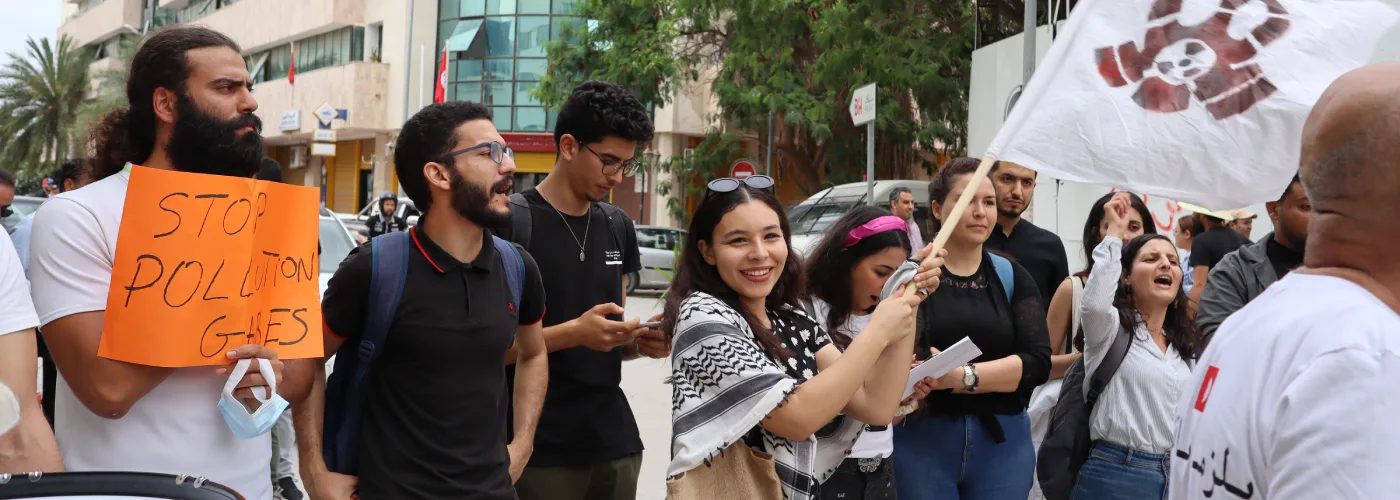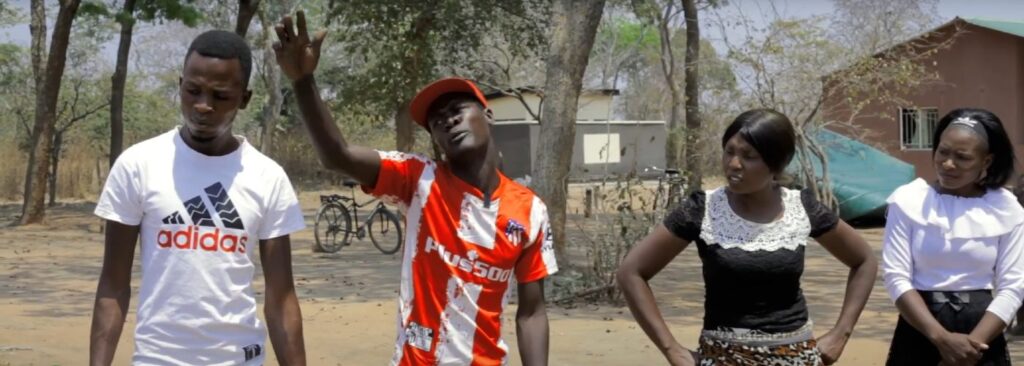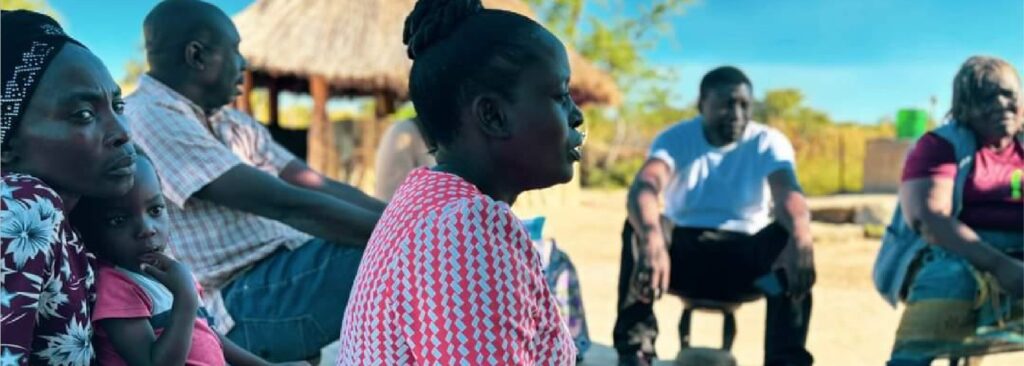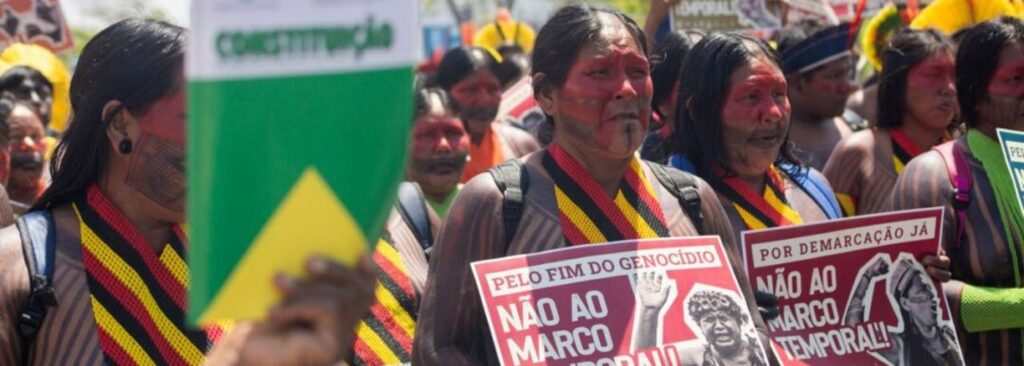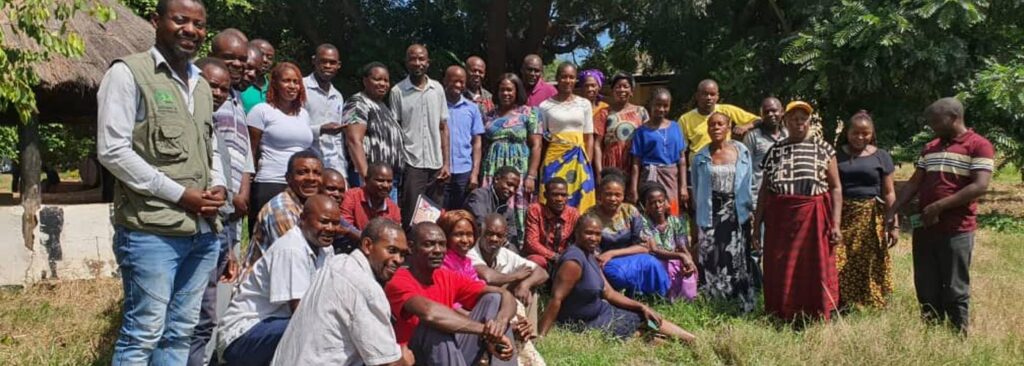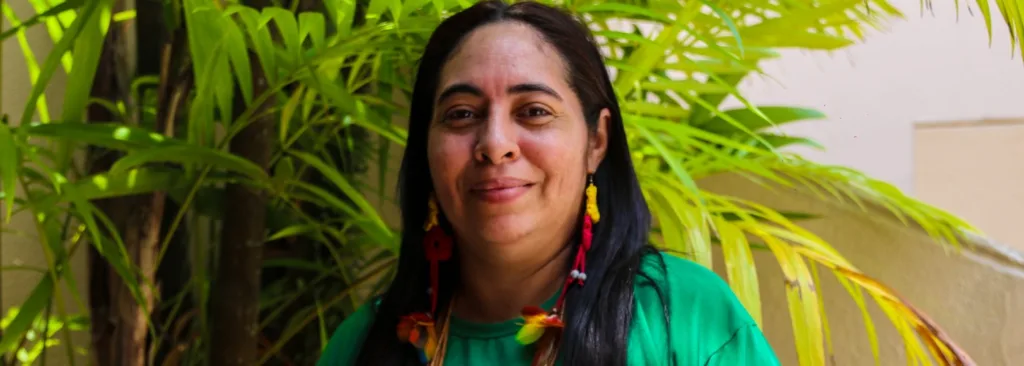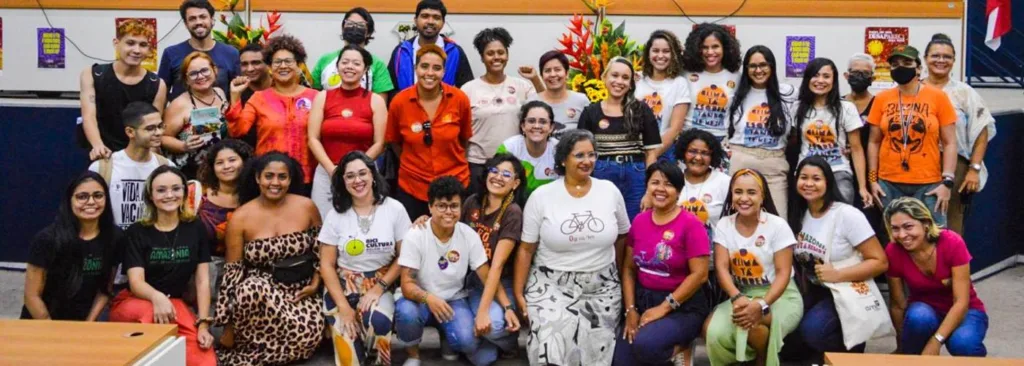Voices for Just Climate Action aims to ensure that by 2025, local civil society and underrepresented groups will have taken on a central role as creators, facilitators and advocates of innovative climate solutions. Their inclusion is crucial for effective and lasting climate responses, and because the climate crisis is also a societal challenge with ethical and human rights aspects.
Why we need a climate justice approach
Climate change is essentially a human rights issue because of its devastating effect on human life – and rights. It exacerbates existing inequalities between rich and poor, ethnicities, sexes, generations and communities. It undermines democracy and threatens the economy and development at large. Likewise, by far the greatest burden falls on those already in poverty and on underrepresented groups such as Indigenous peoples, the rural and urban poor, women and youth, although they are the least responsible for climate change.
This is why we need a climate justice approach. A just climate transition reduces structural injustices in society, such as the exclusion of marginalized groups from decision-making and from sustainable sources of income. Climate justice also calls for a fair distribution of costs and climate finance. Those who cause climate change should bear the costs of a transition to economies that provide dignified, productive and ecologically sustainable livelihoods; responsive governance and ecological resilience. Furthermore, the implementation of climate action should be transparent and participatory, in accordance with the right to information.
So, just climate action explicitly addresses these power imbalances and aims to achieve gender equality and social inclusion.
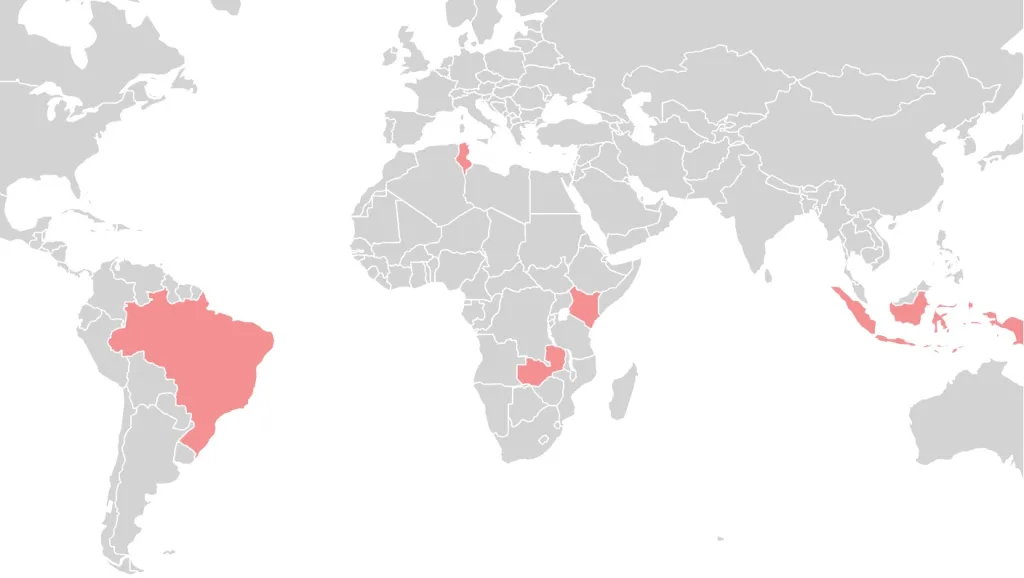
How Voices for Just Climate Action works
Led from the bottom up by strong local CSOs, the program works with an inclusive and rights-based attitude to create widespread societal support for locally-shaped climate solutions. This includes building broad-based climate alliances at country level, bridging divides (urban-rural, gender, youth), and amplifying voices in new, unusual ways. In addition, it will influence national and global policies and financial flows (e.g. climate finance, private sector investments) in support of these locally-shaped solutions. The program is implemented by an alliance of six organizations, including Hivos. With a view to future sustainability, the alliance will steadily increase overall ownership of the program by local CSOs over its five-year period.
Read more about the program (PDF)
Main strategic interventions
- Linking and training CSOs representing many constituencies (women, youth, Indigenous people, urban poor, digital activists, citizen journalists) to collaborate on a shared climate agenda and locally-shaped solutions.
- Setting the agenda, shaping public debate, and creating momentum on climate action through alternative storytelling, both on and offline.
- Engaging in forceful joint lobby and advocacy to make climate policy, practice and finance more responsive to locally-shaped climate solutions.
Where
Brazil, Bolivia & Paraguay, Indonesia, Kenya, Tunisia and Zambia

